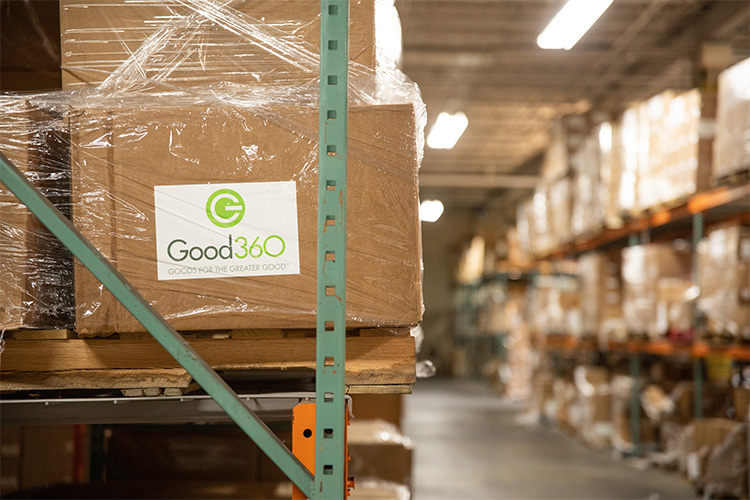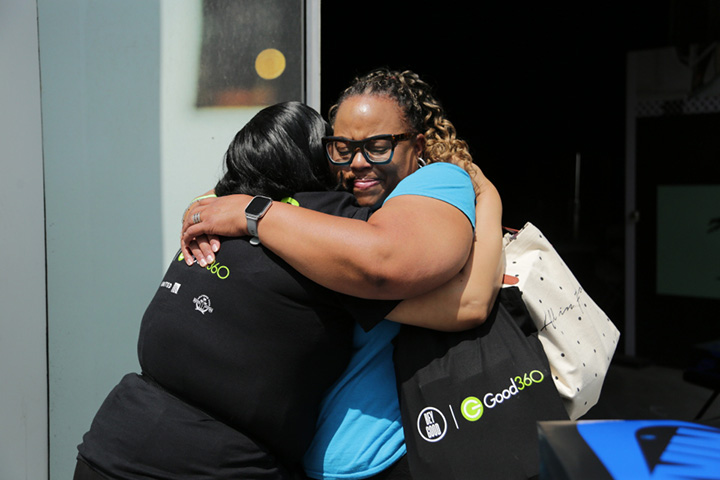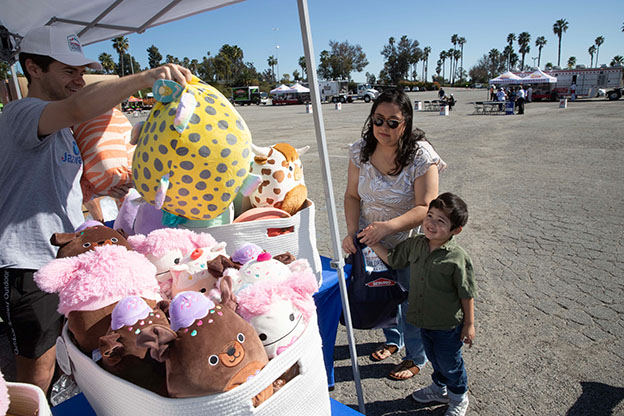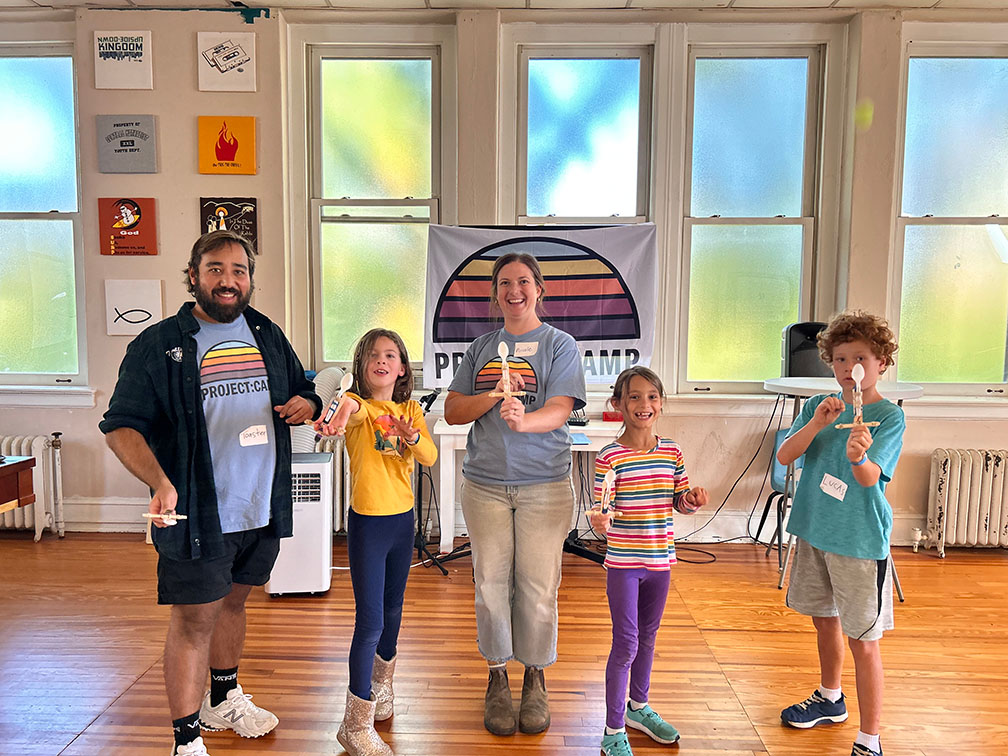The seed for Jake’s Network of Hope was planted in a shantytown in Peru, when founders Ann Hinkfuss and Stephanie Bowers visited a childcare facility in 2011. There, they encountered caretakers doing all they could to take care of 15 infants with very limited resources.
“Our founders realized that the villagers were making a drastic decision to either feed their children or diaper them,” said Scott Sawinski, the nonprofit’s executive director. “What they were actually doing was reusing disposable diapers. Of course, there are a variety of problems with doing this in terms of sanitation and health.”
Communicable diseases such as dysentery and giardia are frequently spread through infectious diarrhea. Diapers are the first line of defense against infection and disease. Lack of access to diapers can lead to physical problems and even behavioral issues for children, and depression and stress for caretakers.
After visiting Peru, Stephanie had her first son, named Jake. She raised him on modern cloth diapers, and had the idea to send the cloth diapers to the village in Peru once he outgrew them.
Jake’s Diapers grew out of a desire to help those 15 babies. The nonprofit organization steadily grew over the years, but saw explosive demand during the pandemic for its diapers, period products and adult hygiene products.
In fact, the organization now helps other nonprofits, schools and churches get the supplies they need through its Hope Hub, and recently changed its name to Jake’s Network of Hope to reflect its broader mission.
The nonprofit also became a Good360 Community Redistribution Partner, which allows it to provide other organizations with access to all kinds of donated goods, including personal care items, apparel, office and school supplies, toys and games, and even small appliances.
“Good360 is a major partner of ours,” Sawinski said. “We get donations throughout the year, and we can obtain diapers at a much reduced cost [by sourcing] pallets worth of diapers. We don’t charge agencies for the diapers. Our model is to give away core products at no cost barrier to the partner agency.”
Today, Jake’s helps more than 250 agencies each month throughout Wisconsin, operating out of a 20,000 square-foot warehouse. In all, the organization has distributed over a million items to families in need, touching tens of thousands of lives.
“If you have food insecurity, you’re also going to need diapers and period products,” Sawinski said. “Diaper poverty affects 1 in 3 families. We really want to align ourselves with nonprofit organizations, churches and schools to help solve this problem.”
There’s a growing recognition about the impact of diaper and period poverty on low-income communities. Diapers can cost $100 per month per child. That’s a big burden when you are living in or near poverty.
Some studies have found that the lack of diapers is a greater contributor to postpartum depression than food or housing instability. A landmark study published in 2013 in the medical journal Pediatrics was the first to establish the psychological trauma of diaper need on the poorest parents. Not surprisingly, most of the burden falls on mothers.
One of Jake’s other big initiatives recently has been to help families overcome the lack of period products. The organization is part of two programs to get its donated products into schools, including the We Gotcha’ Girl initiative to get discreet period kits into area schools..
“Not having access to period supplies is the number reason why young ladies don’t go to school,” Sawinski said. “We don’t want them to miss school because they don’t have adequate hygiene supplies.”
If you represent an organization with inventory to help nonprofits such as Jake’s Network of Hope, please contact Good360 here.








